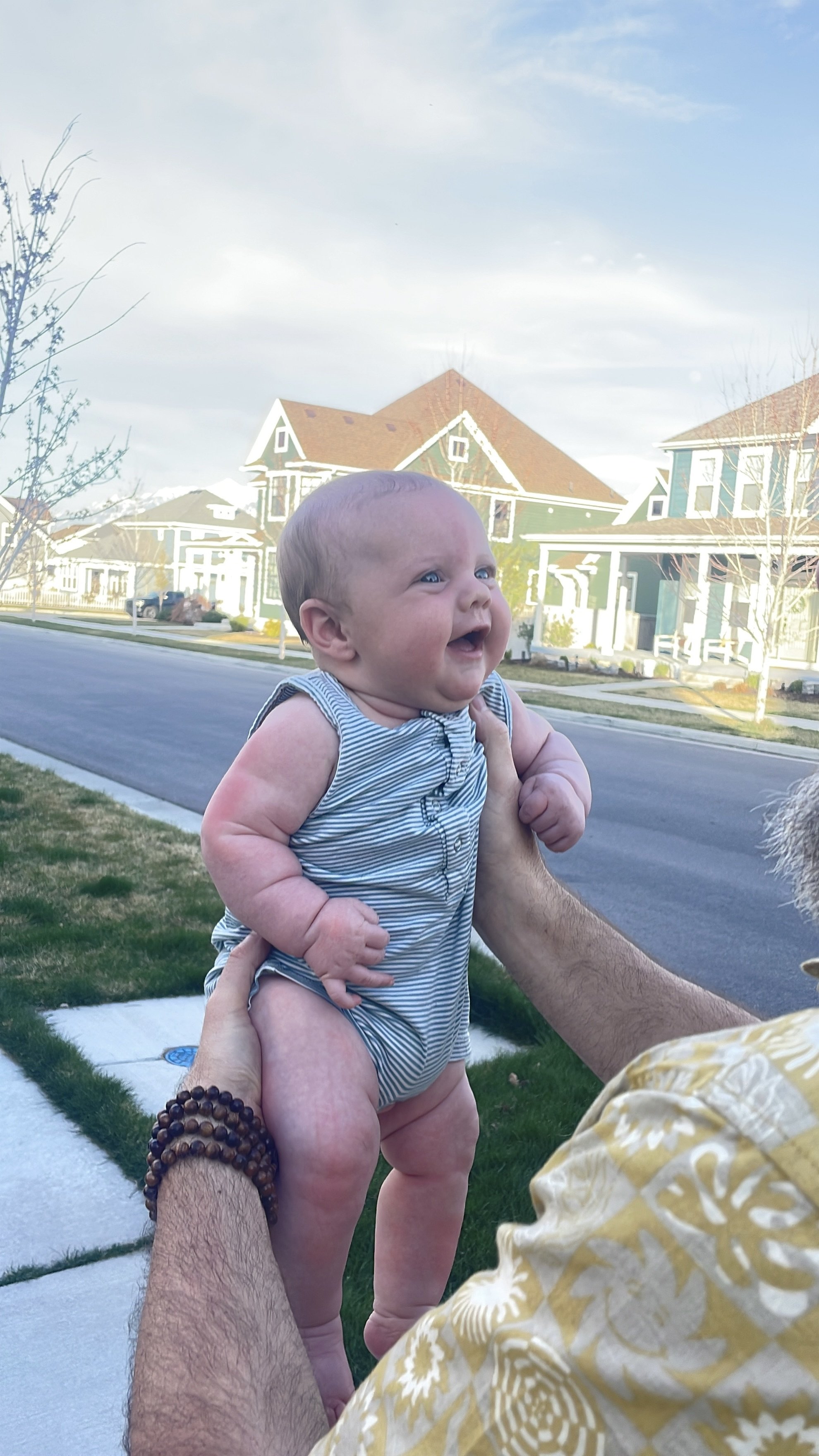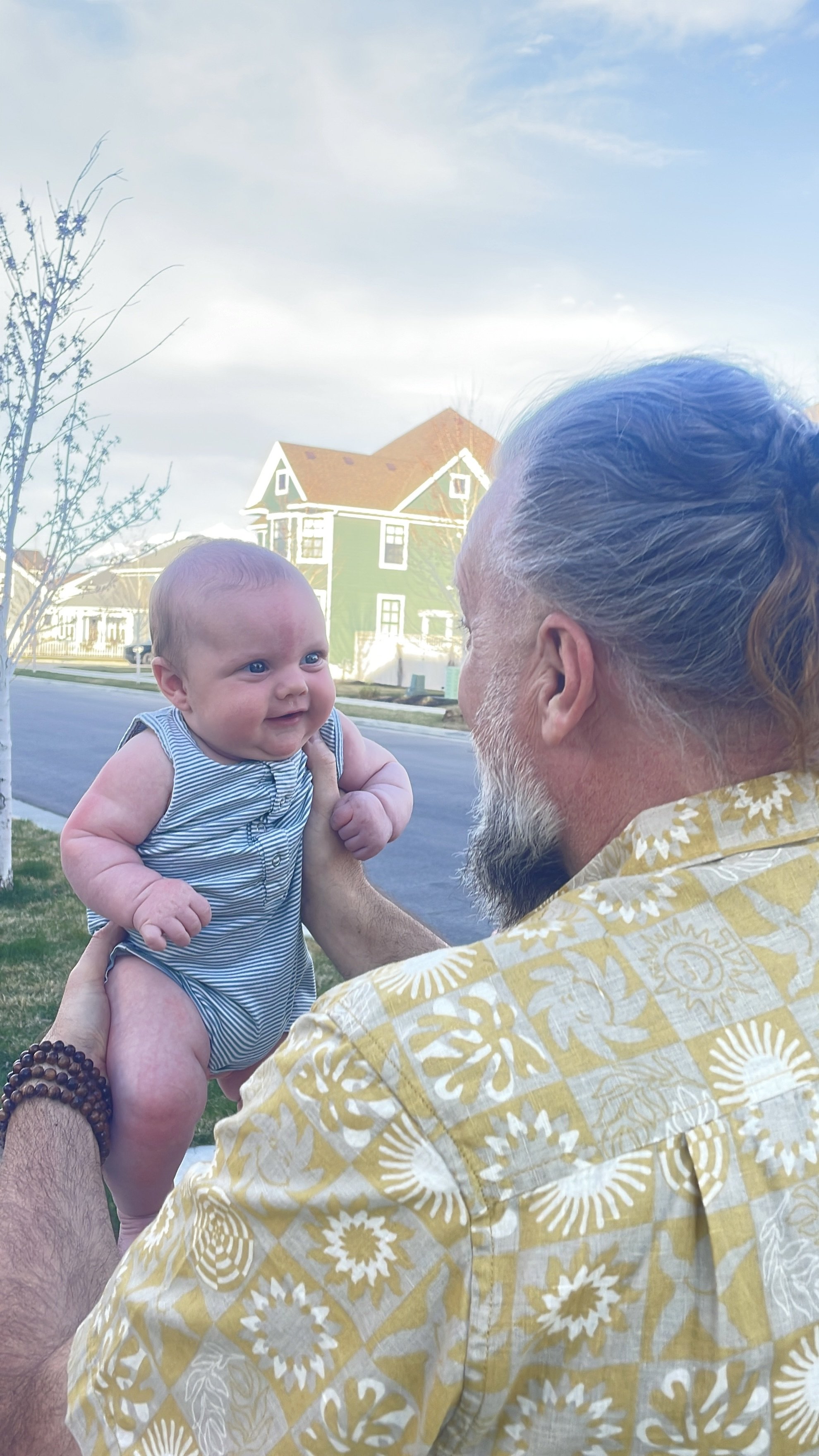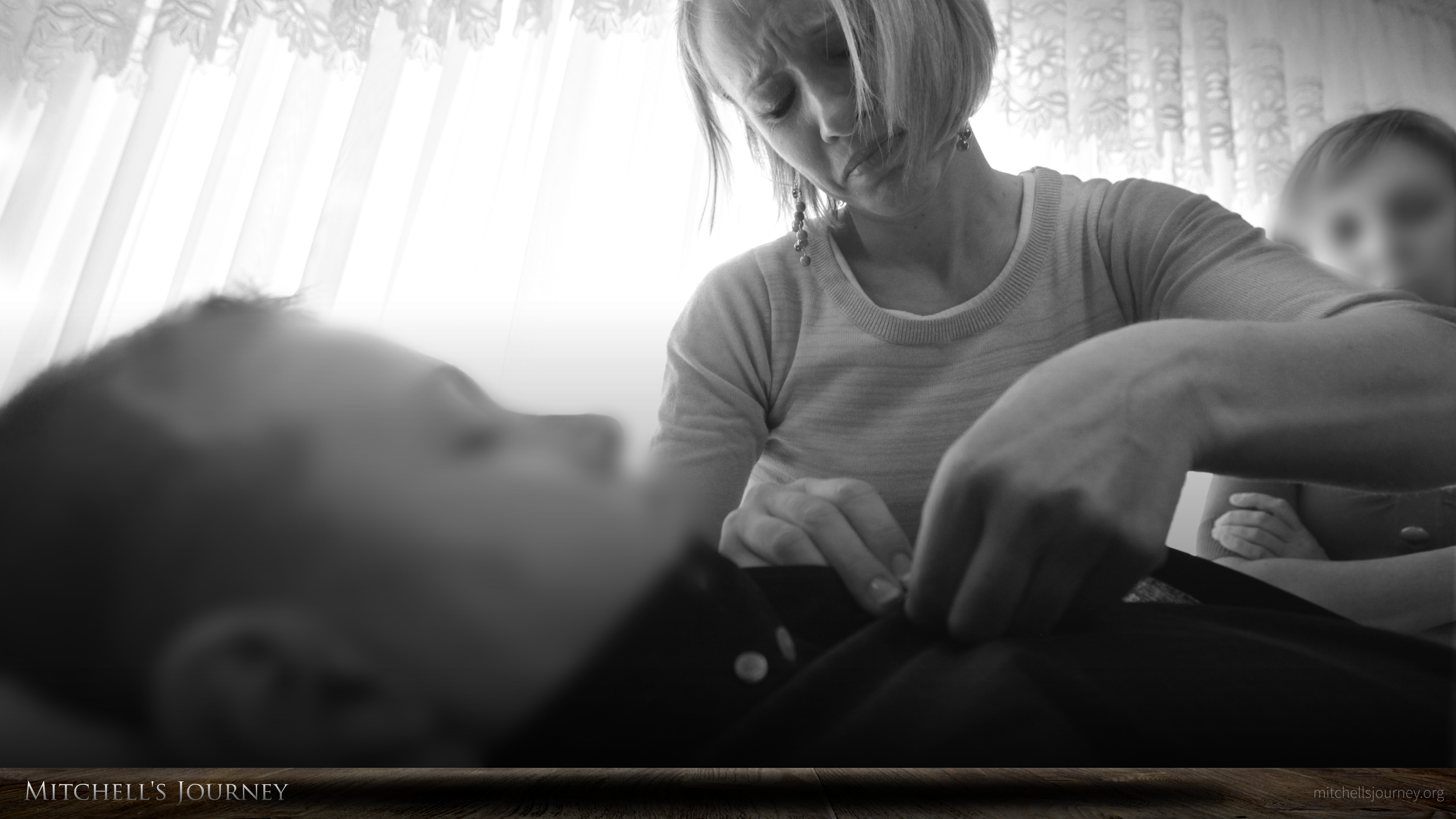It’s been one year of sacred silence. I’ve needed it.
I haven’t written here—not because I had nothing in my heart, but because I needed time to feel what this season of life was asking of me. And then, as life often does, something small became something sacred.
This picture is just that: something small turned sacred.
Meet my youngest grandson, Velzy—grandchild #3. Just a few months old, and already… he’s become my teacher.
Lately, I’ve been practicing something:
When he coos or squeals, I resist the urge to flood the space with my own sounds. Instead, I look him in the eyes, pause, and respond—as if I understood him completely. As if the sound he made… mattered. And do you know what happens next? He lights up. His face stretches wide with surprise and delight. As if some part of him is astonished that his tiny voice moved the world outside his head.
That exchange has stayed with me. And this morning, it spoke louder than ever.
Sometimes, I think we do this to each other. When someone shares sorrow—a death, a lost faith, a heartbreak—we rush in with words meant to soothe. But often, they smother.
The more I work with people in their various spaces, I’m beginning to sense we’re not so different from this precious child in my hands—wanting to be heard, waiting to be seen, and hoping to be loved… no matter what.
Today, on the anniversary of Mitchell’s birth, I’ve been thinking about the space between life and death and the million-and-one deaths we experience in between. I don’t simply mean the death of loved ones; I mean the death of our former selves, the passing of time, the comings and goings of friends we thought would be forever, but in the end were not. Each is a grief worthy of reverence.
At least for me, grief often speaks in whispers. Lately, it’s been more like Fleetwood Mac on a quiet drive. “Can I handle the seasons of my life?” That line gets me every time. Sometimes, I wonder.
Grief has aged me.
Parenting, in some ways, untangled me.
And grandparenting is now… remaking me.
And so, on this April day, as I reflect on a boy whose broken heart touched mine, I find myself thinking about this photo of my youngest grandson, whispering: “I am as this child.”
At least, I hope to be. Curious. Soft-hearted. Ready to be shaped.
Sometimes I think the world teaches us to be wise by knowing. But the older I get, I’m beginning to wonder if real wisdom begins by unknowing—by learning to listen, to notice, to respond with presence instead of performance.
As I step into my future, I will best honor my son (and everyone that has gone before me) not by simply remembering what I’ve lost, but by living what I’ve learned.
As I step back into writing, I don’t know what I will explore – I only know it will be a potpourri of then and now, woven with threads of curiosity, wonder, and love.
As a child, I go.
Unfinished. Unhurried. Unafraid.







